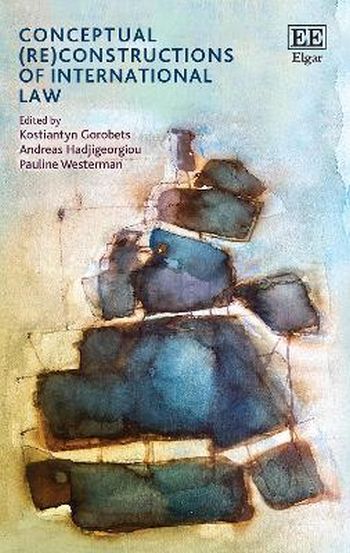
This timely book considers the ways in which international law, unlike domestic law, does not make itself known in a formalized, hierarchical structure, but needs to be conceptually (re)constructed by the participants and observers, out of a variety of practices and other elements. It explores such constructions, as well as how these images can be deconstructed and reconstructed.
Bringing together contributions from expert scholars from a range of disciplines, from philosophy to international law scholars and practitioners, this book contrasts constructive, deconstructive, and reconstructive perspectives of international law. Discussions on the topics are encouraged by eliciting responses from contributors on each other’s work. Throughout the book, chapters provide complementary views of key international legal concepts such as custom, legal interpretation, authority and sovereignty.
Providing a framework that gives room to different disciplines, Conceptual (Re)Constructions of International Law will be a key resource for practitioners as well as scholars in the fields of legal philosophy, (international) legal theory and public international law.